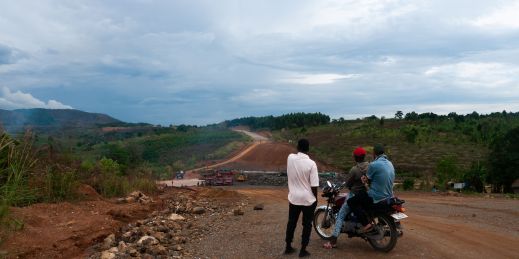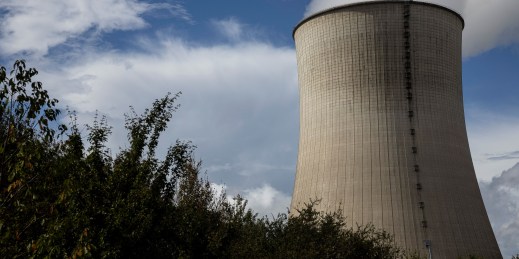
Along the path of Uganda’s EACOP oil pipeline project, farmers claim they were strong-armed into signing inadequate compensation agreements for their land, while oil companies tout economic progress and downplay allegations of misconduct. With development set to begin, the need to resolve these tensions is growing more urgent.


